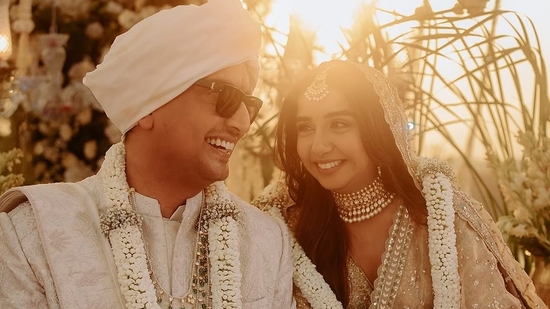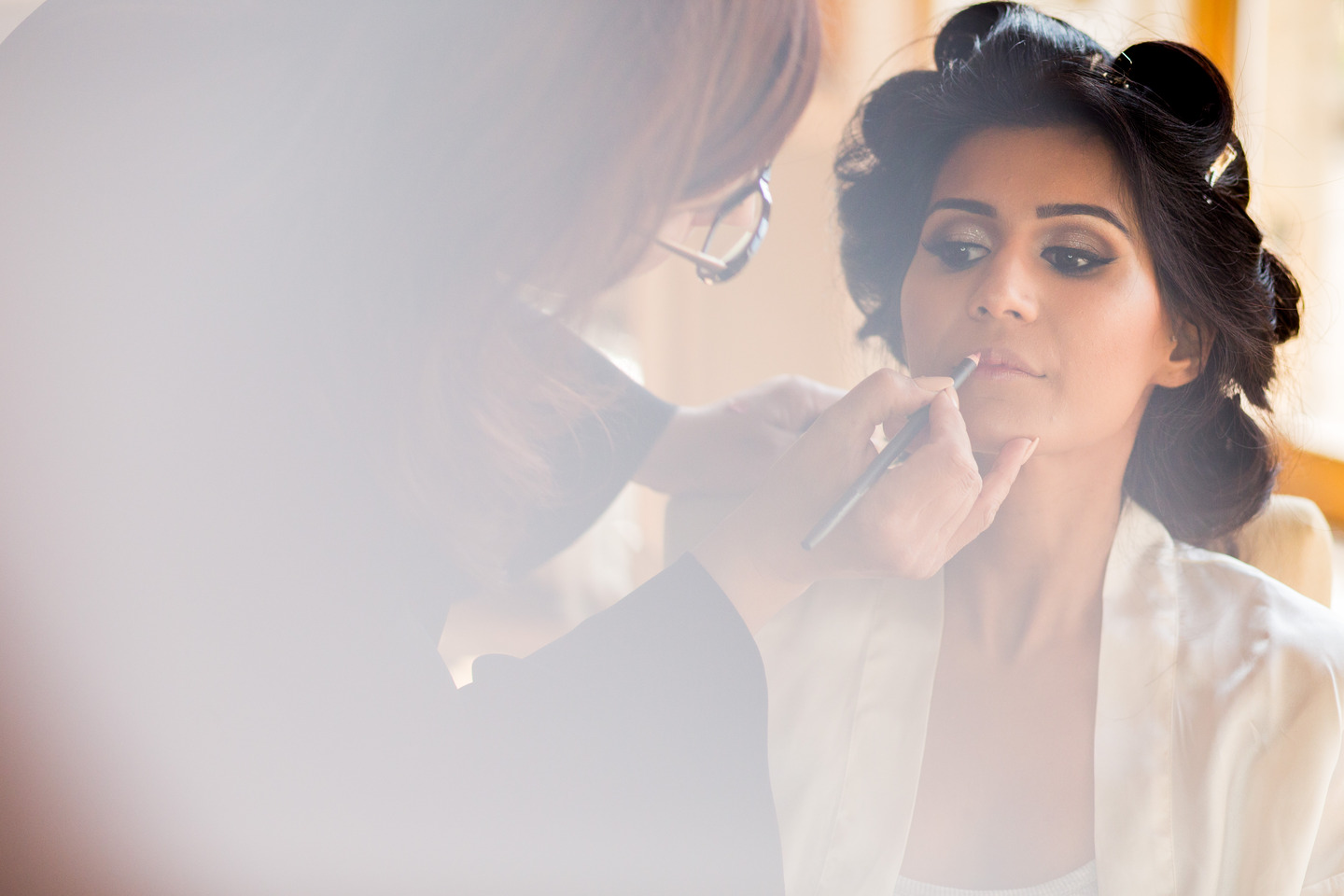There was a time when weddings were humble, heartfelt ceremonies; sacred vows whispered under banyan trees, modest gatherings in community halls, or simple rituals witnessed by the closest of kin. Today, weddings are nothing short of theatrical productions, complete with drone videography, couture wardrobes, destination venues, and Instagram-ready aesthetics. What was once an intimate celebration of love has, in many circles, metamorphosed into a performative spectacle; an event less about the couple’s bond and more about public perception. So we must ask, uncomfortably but necessarily: Have modern weddings become elaborate status symbols, fuelled by an ever-expanding wedding industrial complex and an insatiable hunger for optics?
The rise of the wedding industrial complex
Coined somewhere cynically, the term “wedding industrial complex” refers to the sprawling, billion-pound global industry that thrives on the modern couple’s desire to create the “perfect day”: From luxury bridal wear and professional photographers to floral installations, bespoke wedding websites, and choreography for the sangeet, the costs and expectations are astronomical.
In Britain, the average wedding costs upwards of £20,000, and in London alone, the average cost is around £36,000, while in India, weddings can easily climb into crores. The irony is hard to miss: a day meant to mark the beginning of a shared life often starts with debt, stress, and performative opulence. Every element is up for sale; your dress, your decor, even your vows can now be penned by a ghost-writer for a fee. This commercialisation isn’t accidental; it’s strategic. Wedding brands, influencers, and planners feed off societal pressures and curated fantasies, packaging them into high-ticket “dream days.” Every purchase is positioned not merely as a choice, but as a necessity, because if you don’t have a live band, a 7-tier cake, or a honeymoon shoot in the Maldives, are you really married?
Social media: The silent guest of honour
Perhaps the most influential guest at every modern wedding is not a relative or friend, it is social media. Platforms like Instagram and Pinterest have become de facto mood boards, pushing highly stylised, picture-perfect imagery into our daily consciousness. The goal is no longer just to get married; it is to have a wedding that looks like it belongs in a magazine spread.
Couples now design their weddings for the grid. Drone shots of the mandap, slow-motion bridal entries, ‘candid’ moments that are anything but each scene is staged, not just for those present, but for the unseen digital audience. This performative lens shifts the focus entirely. Instead of asking “What feels authentic to us?” couples ask, “What will photograph best?” And it’s not just the couple, guests, too, feel the pressure. Outfits are curated, captions pre-drafted, stories posted in real time. Everyone becomes both cast and crew in this social production. Love, then, becomes a sub-plot, secondary to the optics.
The tyranny of perfection
With the rise of social media aesthetics comes another insidious pressure: the tyranny of perfection. Weddings are increasingly expected to look like editorial campaigns. Brides must be flawless, grooms dapper, decor on theme, and lighting magical. but perfection is not just exhausting, it is exclusionary.
The pressure to curate a wedding that meets these impossible standards can be psychologically and financially crippling. It sidelines those who can’t afford it and shames those who choose not to participate in the frenzy. It transforms what should be a deeply personal experience into a public performance graded by likes, shares, and applause. And this pursuit of perfection erases the messy, beautiful, human essence of love, the unexpected stumbles, the laughter through tears, the chaos of dancing uncles and off-beat aunties. It replaces reality with filtered fantasy.
When weddings become primarily about appearance, what happens to the substance? Several studies have shown a correlation between extravagant weddings and higher divorce rates. While this doesn’t imply causation, it does suggest that couples may be prioritising the event over the relationship. A wedding is a moment; a marriage is a lifetime. But in the noise and glitter, the latter is often forgotten. Pre-marital counselling, discussions about values, finances, and compatibility take a back seat to guest lists and gift registries. The danger is not just in the money spent, but in the attention diverted, from each other to everyone else.
In creating a flawless wedding day, couples may neglect the emotional groundwork needed for a strong marriage. The day becomes a destination, not a beginning.
The privatisation of tradition
Modern weddings also reflect a kind of cultural privatisation. Traditions that once bound communities are not often reinvented as exclusive experiences for a select few. Instead of everyone pitching in, making sweets, singing folk songs, weddings are now managed by professionals behind the scenes. They become less about collective joy and more about curated consumption. This shift alters the very soul of the celebration. A wedding no longer belongs to the community, it belongs to the couple, their chosen vendors, and their followers. The ritual is still there, but the intimacy often isn’t.
So, what can be done? Must we reject aesthetics, vendors, and modern tools altogether? Not necessarily. There is nothing inherently wrong with wanting beautiful memories or choosing professional help to ease the load. The problem arises when form overtakes function, when the pressure to perform exceeds the need to connect. To reclaim weddings as authentic expressions of love, we must interrogate our intentions. Are we doing this because it feels right, or because it looks right? Are we celebrating love, or displaying it for others’ approval? Couples today have the power to push back; to redefine what weddings look and feel like. Elopements, backyard ceremonies, eco-conscious weddings, intimate gatherings without hashtags, these are no longer seen as rebellions, but as valid, even inspiring alternatives.
The more we question the performative pressures and opt for sincerity over spectacle, the more we make space for love to take centre stage again. Weddings, at their best, are about intention, not impression. They are moments of union, not exhibitions of wealth or taste. The modern wedding, in all its grandeur, may be beautiful, but it risks becoming hollow when stripped of meaning and weighed down by optics. In an age of curation and consumption, choosing authenticity is radical. Choosing to prioritise connection over perfection, intimacy over Instagram and love over likes is nothing short of revolutionary.
So yes, modern weddings can be elaborate status symbols but they don’t have to be. The choice, like the vows, is ours to make.













